Demand for skilled trades is rising across the continent, and plumbing sits near the top of that list. This guide explains how to find plumber jobs in Europe, what the role involves, and the credentials employers look for across countries.
You will learn the benefits of moving into European plumbing, the documents and training that matter, and the best places to search.
By the end, you will have a practical roadmap to shortlist vacancies, apply with confidence, and relocate smoothly.
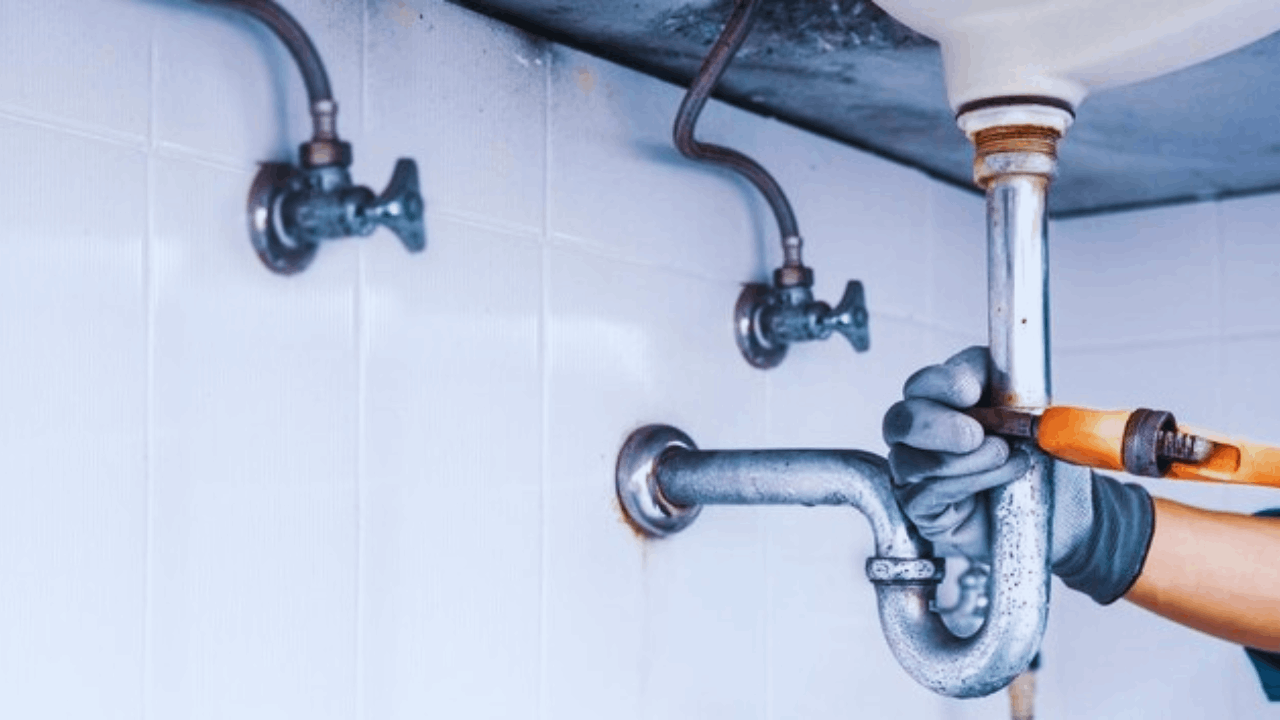
What Plumbers Do In Europe
Plumbers install, maintain, and repair water supply, sanitary, and heating systems in homes, offices, factories, and public buildings.
The work covers pipework, fixtures, pumps, water heaters, and modern control devices that keep systems efficient and compliant.
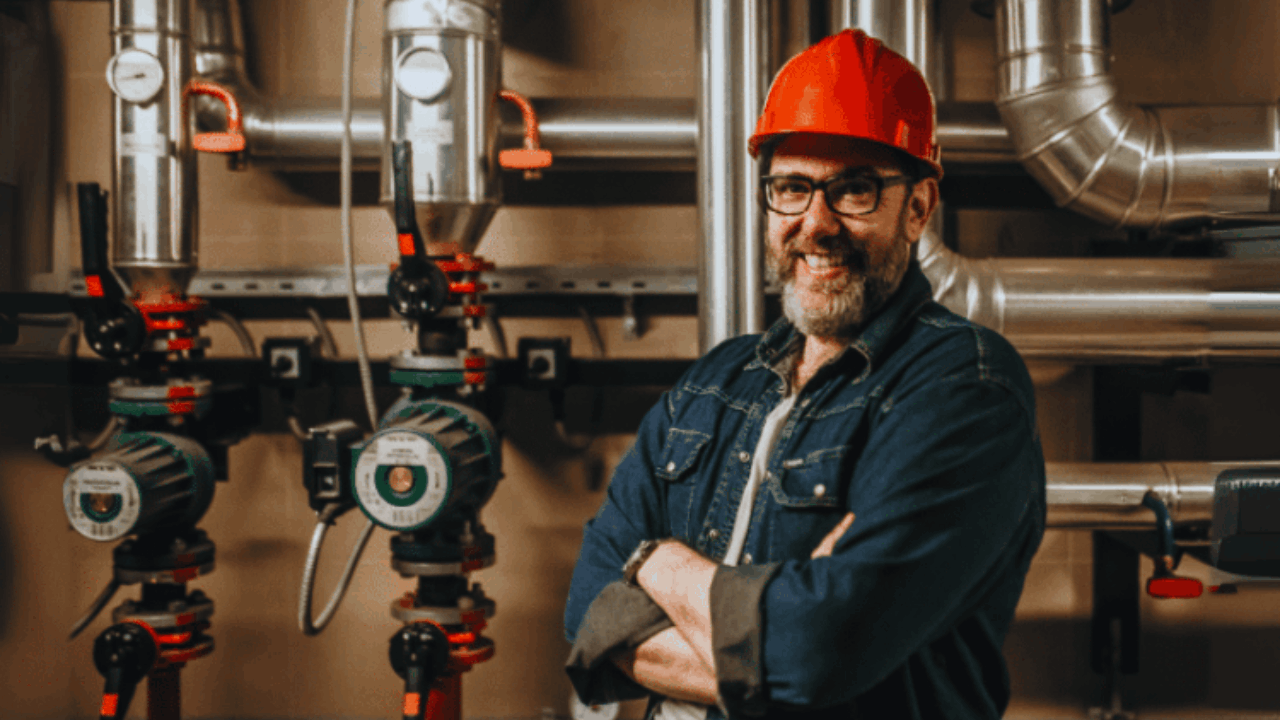
On many projects, the scope overlaps with heating and sanitary technology, especially in energy renovations. Employers expect safe methods, correct materials, and accurate documentation that meet national building rules.
Residential And Commercial Responsibilities
In homes, plumbers handle new bathroom and kitchen installations, leak diagnosis, and replacement of corroded lines.
In commercial settings, they support larger diameter pipework, pressure boosters, drainage networks, and plant rooms.
Hotels, hospitals, and schools need ongoing maintenance to prevent downtime and water quality issues. That mix of reactive calls and scheduled work creates steady demand year-round.
Heating, Hot Water, And Sanitary Integration
Many European plumbers also work with hot water cylinders, circulation lines, and building-wide sanitary stacks. Coordination with electricians, tilers, and HVAC technicians is routine on mid-sized renovations and new builds.
Reading drawings and isometric schematics is essential for accurate routing and venting. Correct commissioning and record keeping reduce callbacks and protect warranties.
Renovation Wave And Energy Upgrades
Europe’s building stock is undergoing a significant energy renovation push that raises demand for plumbing and heating skills.
The Renovation Wave aims to accelerate upgrades across millions of buildings this decade, which creates additional installation and maintenance work.
Targets include insulation, efficient hot water, and better controls that depend on reliable plumbing. These programmes are expected to expand green jobs and support local contractors across member states.
Why Consider A Plumbing Job In Europe
Plumbing offers stable employment, portable skills, and clear training routes that employers recognize across borders.
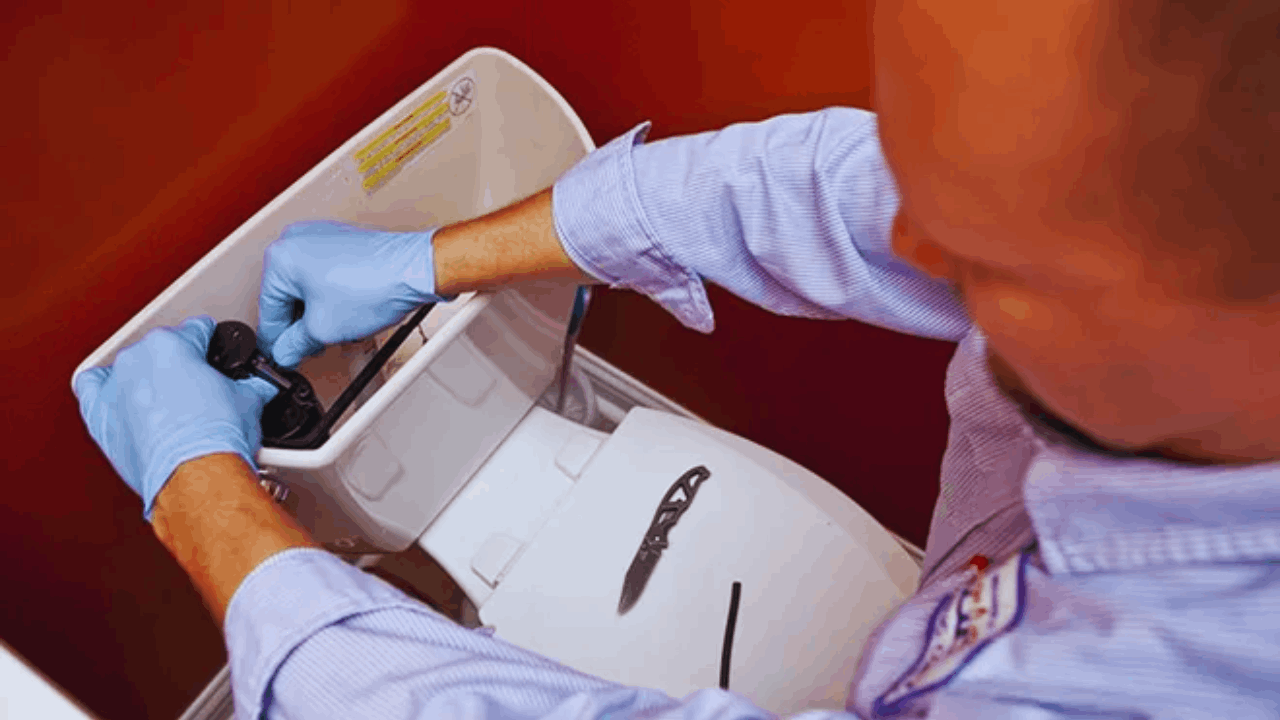
The work aligns with public investment in energy-efficient buildings, where sanitary and heating changes are central. Many countries report shortages of qualified tradespeople, which improves prospects for trained applicants.
A structured certification culture also rewards ongoing learning and quality workmanship.
Strong And Diverse Project Pipeline
New housing, retrofits, public buildings, and industrial facilities all require safe water and sanitation. Tourism and healthcare add predictable maintenance cycles that keep technicians busy beyond new build peaks.
Energy upgrades amplify the need for efficient hot water, modern pipework, and leak-free distribution. This diversity reduces volatility and supports long-term career planning.
Upward Mobility And Specialization
Plumbers can progress into team leads, site supervisors, estimators, and small business owners. Specialties such as district heating connections, heat pump hot water systems, and legionella prevention add premium skills.
Many employers support short courses and manufacturer training that stack onto core qualifications. That pathway makes it realistic to increase earnings without leaving the trade.
Work That Travels Across Borders
European frameworks help employers compare qualifications and experience, which supports mobility for trained workers.
The European Qualifications Framework creates a shared language for levels of competence, and national systems align their awards accordingly.
This comparability helps hiring managers match roles to skills even when training routes differ. It also helps job seekers present credentials clearly across countries.
Benefits Of Plumbing Careers In Europe
Most employers offer formal contracts, regulated hours, and the protections that come with social security contributions.
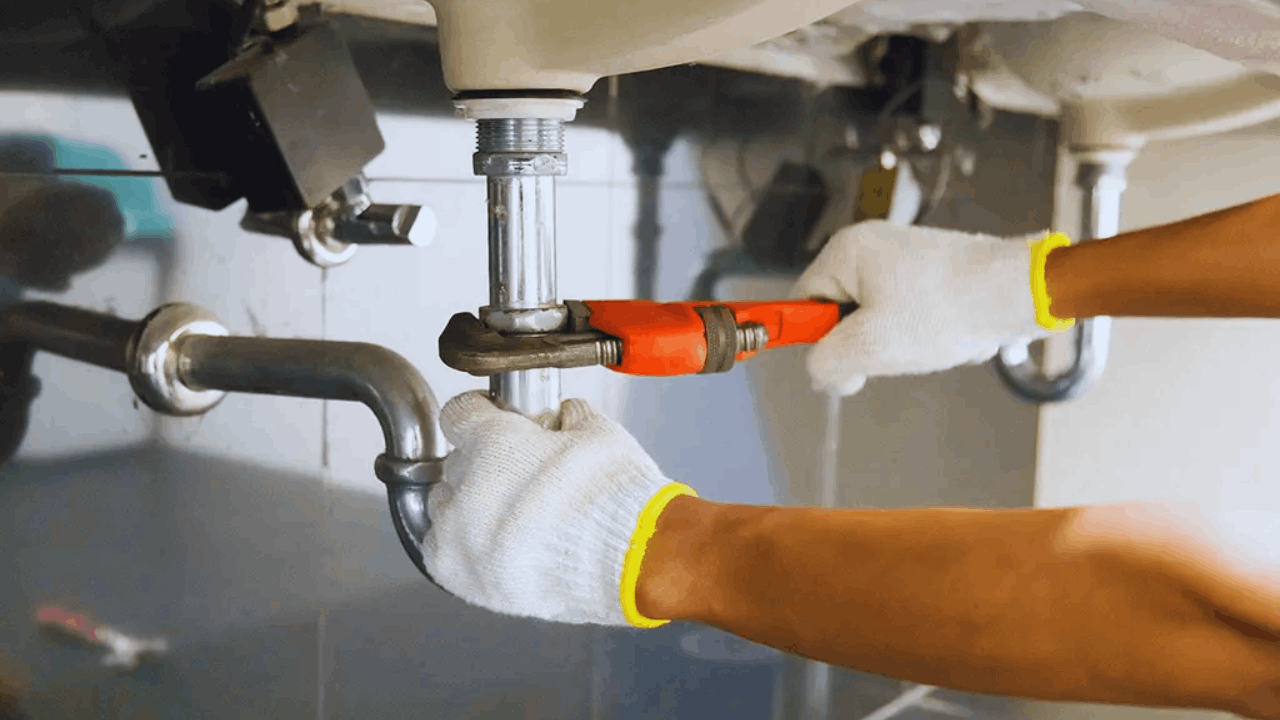
Larger contractors add paid leave, sick pay provisions, and overtime rates subject to national law and collective agreements. Training time is often supported because safety and compliance are central in construction.
Many roles provide tools or allowances, vehicle use, and paid travel time between sites, depending on the contract.
Stability With Public And Private Demand
The essential nature of water, sanitation, and hot water keeps plumbing resilient during market swings. Government-backed renovation and efficiency targets create predictable multi-year pipelines.
Private landlords and facility managers still need maintenance even when construction slows. This combination gives plumbers a steadier workload than many discretionary services.
Skills That Retain Value
Hands-on problem solving, safe isolation, and correct testing are valued in every country. Digital skills also matter as smart controls and remote monitoring appear in more systems.
Employers reward technicians who can document work clearly for clients and inspectors. These strengths carry over into supervision and small business ownership over time.
Safety And Health As A Priority
European rules set minimum standards for workplaces, equipment, and personal protective equipment across construction. Contractors are expected to provide appropriate PPE, training, and safe methods that fit the task at hand.
Knowing your rights and duties improves site safety and employability. It also reduces incidents that cause delays and lost income.
Core Requirements Employers Expect
Hiring teams look for formal vocational training, recent experience, and evidence that you can work safely and communicate on-site.
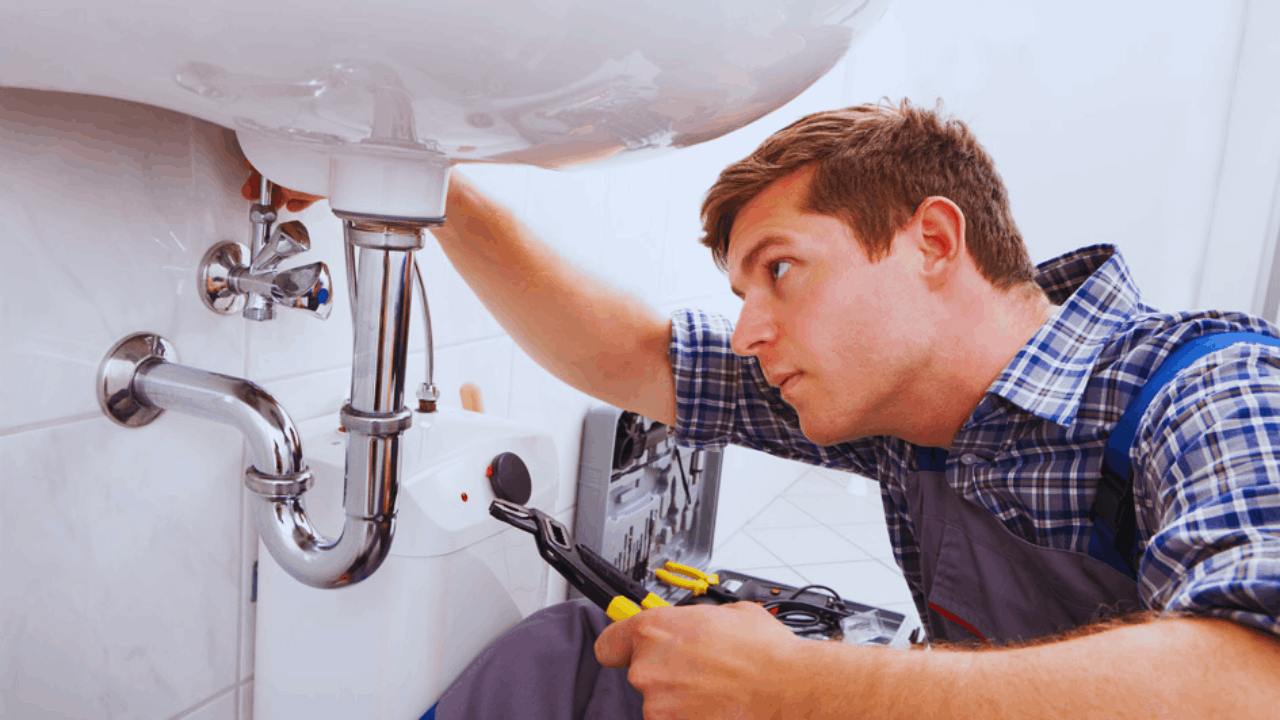
Clear proof of competencies helps when your qualification name differs from the target country.
Some tasks, like gas work, require additional national licenses beyond general plumbing. Right to work and language basics round out the essentials for a smooth start.
Qualifications, Recognition, And Levels
Most countries train plumbers through vocational routes that map to shared European levels, which helps HR compare applicants.
When you move, the professional qualifications framework supports recognition of comparable learning outcomes between states.
Recruiters value scanned certificates, transcripts, and short-course records that show current practice. A concise summary of the systems you have installed makes matching faster for employers.
Licensing And Safety Certificates
Employers may require national or regional authorizations for gas, hot water pressure systems, or legionella control. Site access often needs proof of safety induction and suitable PPE, which the company typically provides and instructs.
Understanding method statements and risk assessments is part of daily work. Keeping these documents current speeds site onboarding and reduces delays.
Language And Communication
Basic competence in the local language makes inductions, toolbox talks, and client interactions safer and smoother. Reading drawings and supplier instructions accurately prevents rework and material waste.
Teams value clear handovers and photo documentation for supervisors and clients. Even simple phrases about safety, access, and scheduling go a long way on multicultural sites.
Right To Work And Permits
EU and EEA citizens enjoy freedom to work across member states, while non-EU nationals normally need a permit based on national rules. Official portals explain when a permit is required and the type of residence status that applies to employment.
Always check the target country’s requirements before you accept an offer, and confirm who files the paperwork. Employers familiar with cross-border hiring will guide you through timelines and documents.
How To Find Jobs In Europe And How To Apply
Successful job searches combine official portals, reputable recruiters, company websites, and on-site trials arranged by employers.
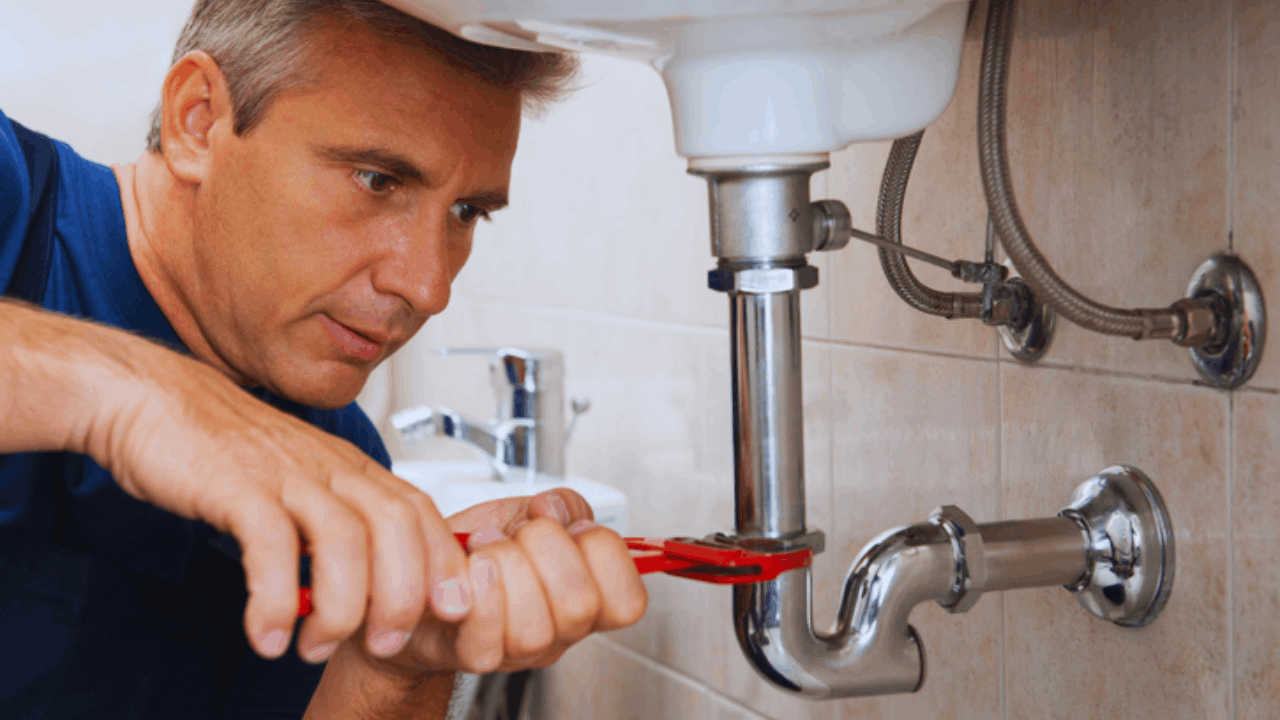
Start with platforms that list verified vacancies and provide relocation guidance. Tailor your CV to highlight systems you install, tools you use, and safety training you hold.
A short cover letter that names your availability and language level helps busy HR teams move quickly.
Use EURES And National Employment Services
The EURES portal aggregates millions of vacancies from public services across Europe and allows filtering by occupation and country. You can search directly for plumbing, set alerts, and contact advisers who support cross-border hires.
National employment services mirror many of these listings and may offer relocation advice. These official channels reduce scams and keep data protection standards clear.
Build A Clear Europass CV And Skills Profile
The Europass tools help you produce a standard format CV in the language you need and store certificates online. Recruiters across Europe recognise this layout, which speeds shortlisting and compliance checks.
Add photos of finished plant rooms, pipe runs, and test sheets where appropriate, and keep project descriptions concise. A clean skills profile makes your application stand out in high-volume searches.
Search Contractors And Apply Direct
Large mechanical and plumbing contractors often post roles for installers, maintenance technicians, and supervisors on their websites.
Facility management companies also hire mobile technicians for commercial portfolios that include retail, hospitality, and healthcare.
When applying directly, reference the systems they install and the sectors they serve. Matching your experience to their project list shows fit and reduces screening time.
Prepare For Practical Tests And Trial Days
Many employers include brazing tests, pressure tests, or small assembly tasks during hiring. Arrive with your safety boots and basic hand tools if requested, and ask how the test is marked.
Trial days arranged by reputable firms are paid according to local law and confirm real-world fit. Clear performance on practical exercises often leads to rapid offers.
Plan The Move And First Week Admin
Once hired, arrange temporary accommodation near the site and schedule arrival to complete induction and registration.
Some countries require address registration or a tax number before payroll can start, so gather identification and proof of address.
Keep copies of contracts, insurance, and certificates ready for site managers. Good planning turns the first week into a smooth transition rather than a scramble.
Conclusion
Europe’s plumbing market combines steady essential work with a long pipeline of energy renovations that require reliable skills.
With this plan for how to find plumber jobs in Europe, you can target credible employers, complete compliance smoothly, and start a rewarding career on solid ground.